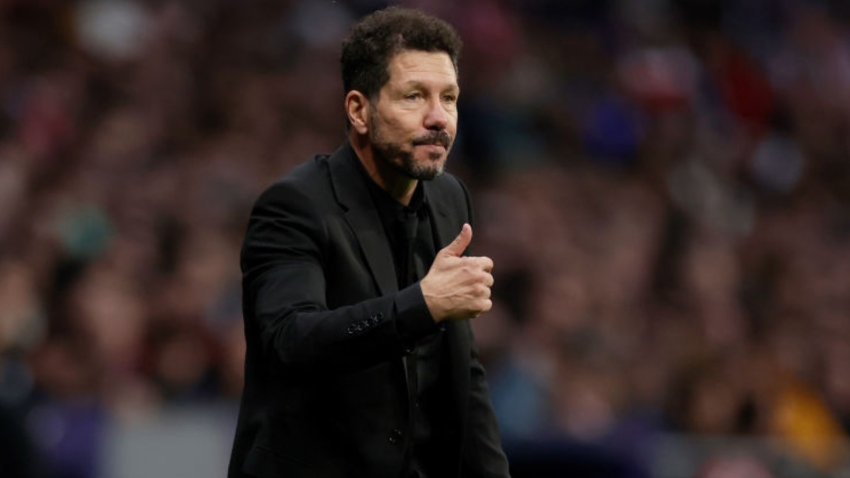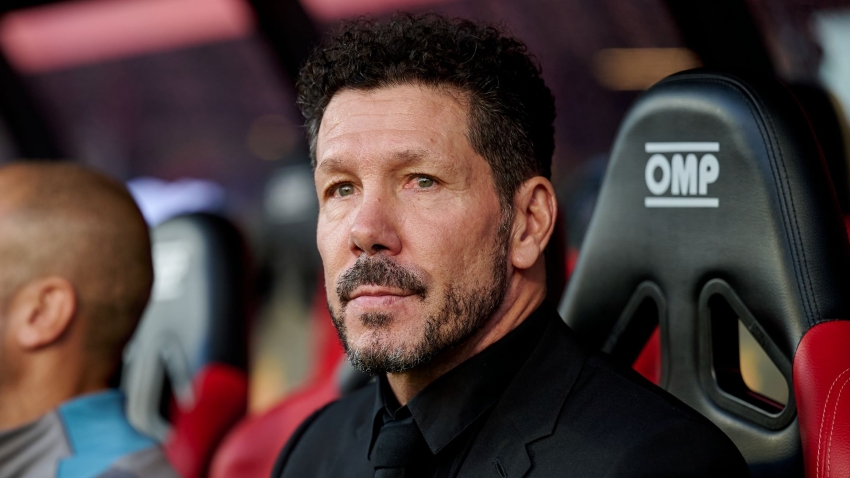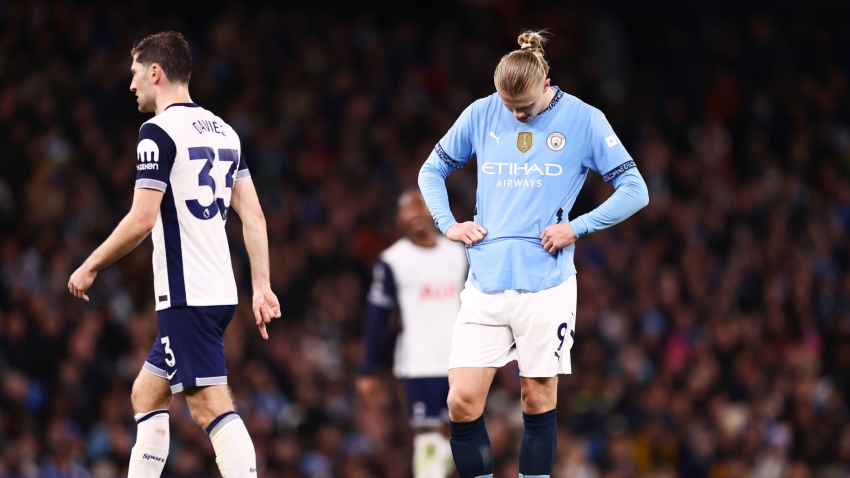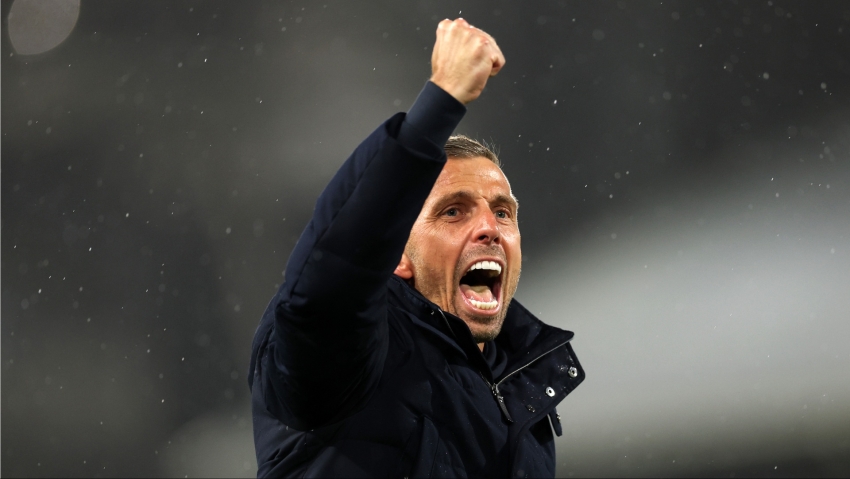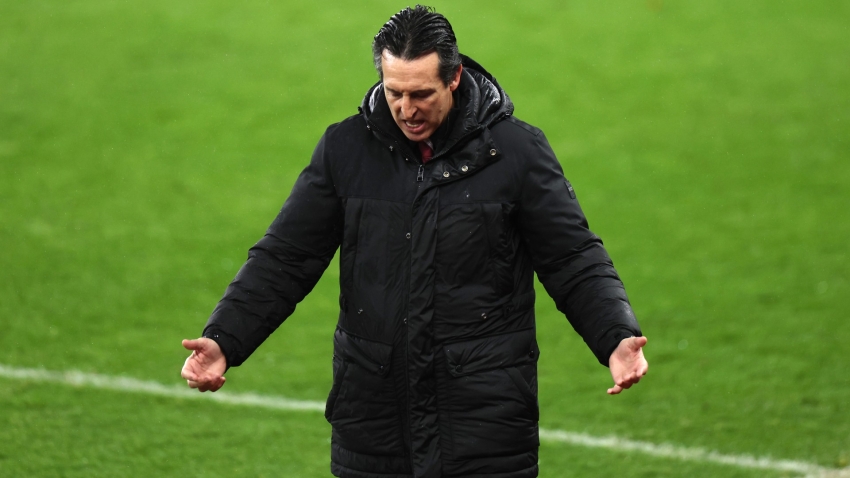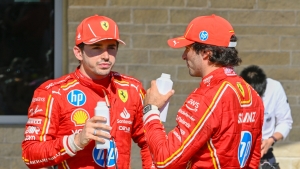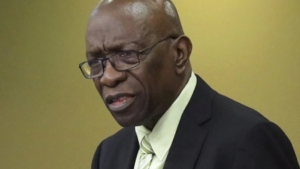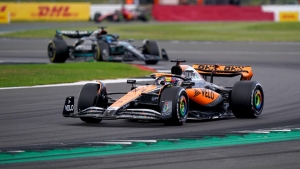If the words of former FIFA vice president Austin “Jack” Warner are anything to go by, then Trinidad and Tobago is basically grasping at straws where qualification to the 2026 FIFA World Cup is concerned.
In fact, Warner, known for his blunt personality, is of the view that the Twin Island Republic will not make another appearance at the global showpiece anytime soon, as it lacks a proper football structure and, by extension, competence from a coaching perspective.
Even with the increased opportunity opened up by United States, Canada, and Mexico securing automatic berths as hosts, Warner believes this offers very little hope for the Soca Warriors chances. Three teams will qualify directly to join the hosts as Concacaf’s representatives at the World Cup, while another two will have a second chance at qualification through an inter-confederation playoff.
Trinidad and Tobago’s lone FIFA World Cup appearance to date was in Germany in 2006.
“Let me tell you this, and who is vex well, vex. We will not see a World Cup final in football in our collective lifetime, not even for the one coming up (2026), and remember, I have told you so,” Warner told Andre Errol Baptiste on the ISports radio program last Friday.
“We have gotten more chances and more slots to qualify, but our chances will not be better but worse. First of all, we don’t have the talent at the top, and in terms of coaching, we don’t have that will to allow our football players to succeed. We don’t have the competition at the bottom. Ask the average Trinidad and Tobago footballer to name five footballers in the country. He can’t. The average Trini cannot, and something is wrong,” he added.

Former Soca Warriors Angus Eve (left), then assistant Derek King (centre), and goalkeeper coach Clayton Ince.
The recent sacking of Angus Eve and the hiring of his assistant Derek King on an interim basis, Warner said, doesn't help the situation.
“I know Derek King very well; he used to coach my club called Joe Public. I know him very well, but Derek King is out of his league. Derek King does not understand the nuances of coaching at the World Cup level, and that is the difference I am talking about. Derek King is not in Leo Beenhakker’s class, so to speak, and England got rid of Gareth Southgate, so what are we doing in terms of this?” Warner questioned.
Though it is argued that the Trinidad and Tobago Football Association (TTFA) lacks the adequate finances to compensate a high-calibre coach, Warner, a former Minister of National Security, alluded to the possibility of the current government shifting funds around to provide more support for sports.
“If you get the money to pay a top-class coach, you will spend less money in the judiciary and less money in national security. The money that you will save from national security, you can pump back into sports. It follows that you have to prioritise and see what is important to you, and if sport is the vehicle for national unity and development and for people’s pride, put the money where it is,” Warner argued.
“I recall where sportsmen and sportswomen had to spend their own money attending to injuries. It does not help until we get serious about sports. Nothing from nothing will leave nothing,” he noted.
While taking a swipe at corporate companies in Trinidad and Tobago that refuse to render assistance until after the fact, Warner used the Jamaica Football Federation’s (JFF) hiring of Englishman Steve McClaren to drive home his point about national pride.

“They will not get corporate support. They (corporate TT) only come at the end. They come at the end, not at the beginning, where they are badly needed,” Warner stated.
He continued: “There is no local coach that can take Trinidad and Tobago to the World Cup at this time, and I mean that sincerely, and that is not a criticism. That is a realistic statement; we don’t have it; we just don’t have it.
“Jamaica is looking for a top-class coach; they have never considered Dwight Yorke. Look where Jamaica has gone. They don’t have the energy and oil we have, but they have the pride. We don’t have that, and that is the difference.”
On another note, the former Concacaf boss expressed optimism that his legal battles regarding a 2015 indictment for corruption, will be behind him soon.
“The matter will be thrown out, but it takes time in Trinidad and Tobago. All the colleagues that have been arrested and imprisoned in the United States have since appealed based on the Supreme Court statement and judgment (that prosecutors in the US overreached their boundaries when they applied laws of the United States to groups of people, many of whom are foreign nationals).
“I am now waiting to see what will come out of these appeals, and I will take it from there, but I don’t want to say too much on that at this stage, except to say, I am very optimistic,” Warner ended.






